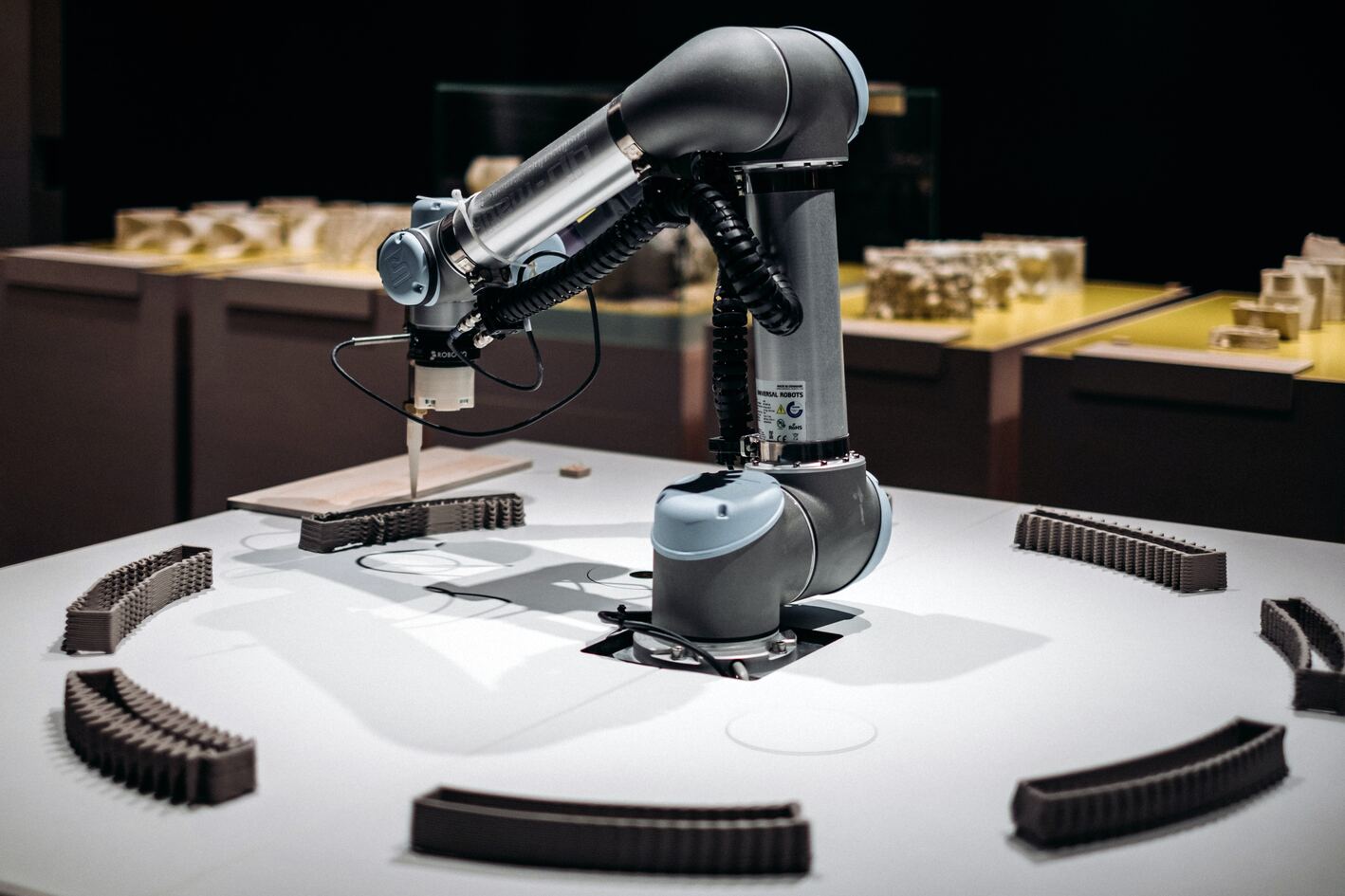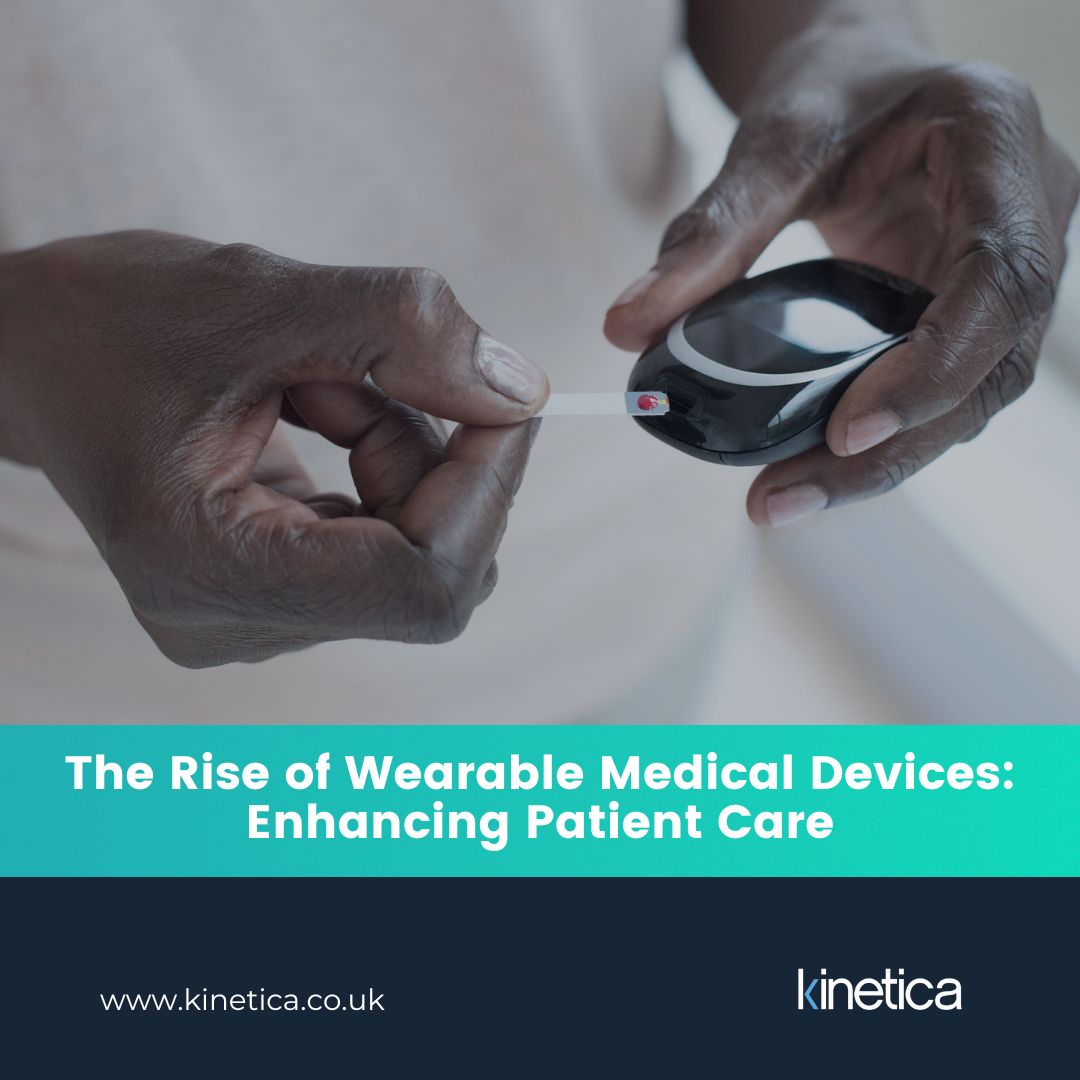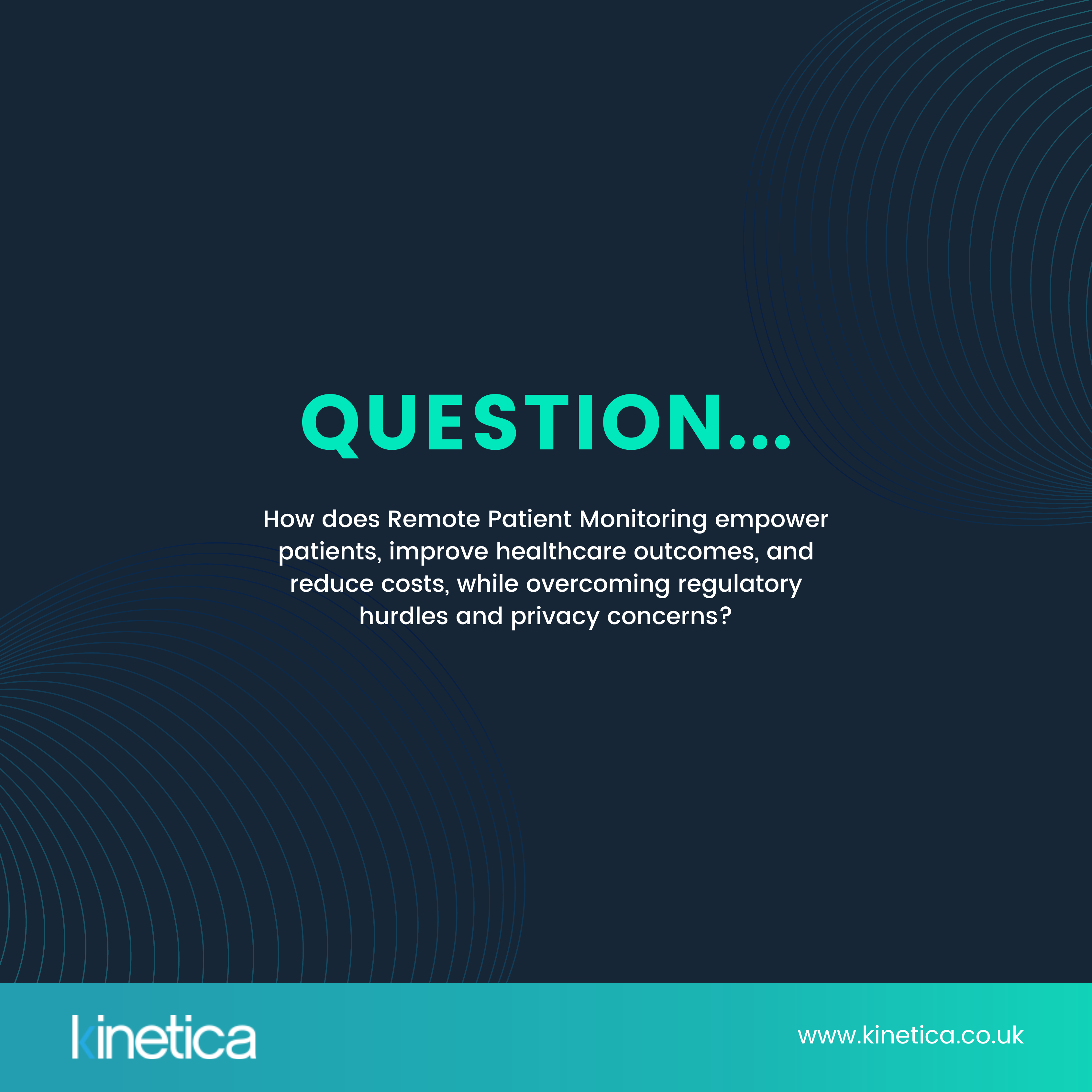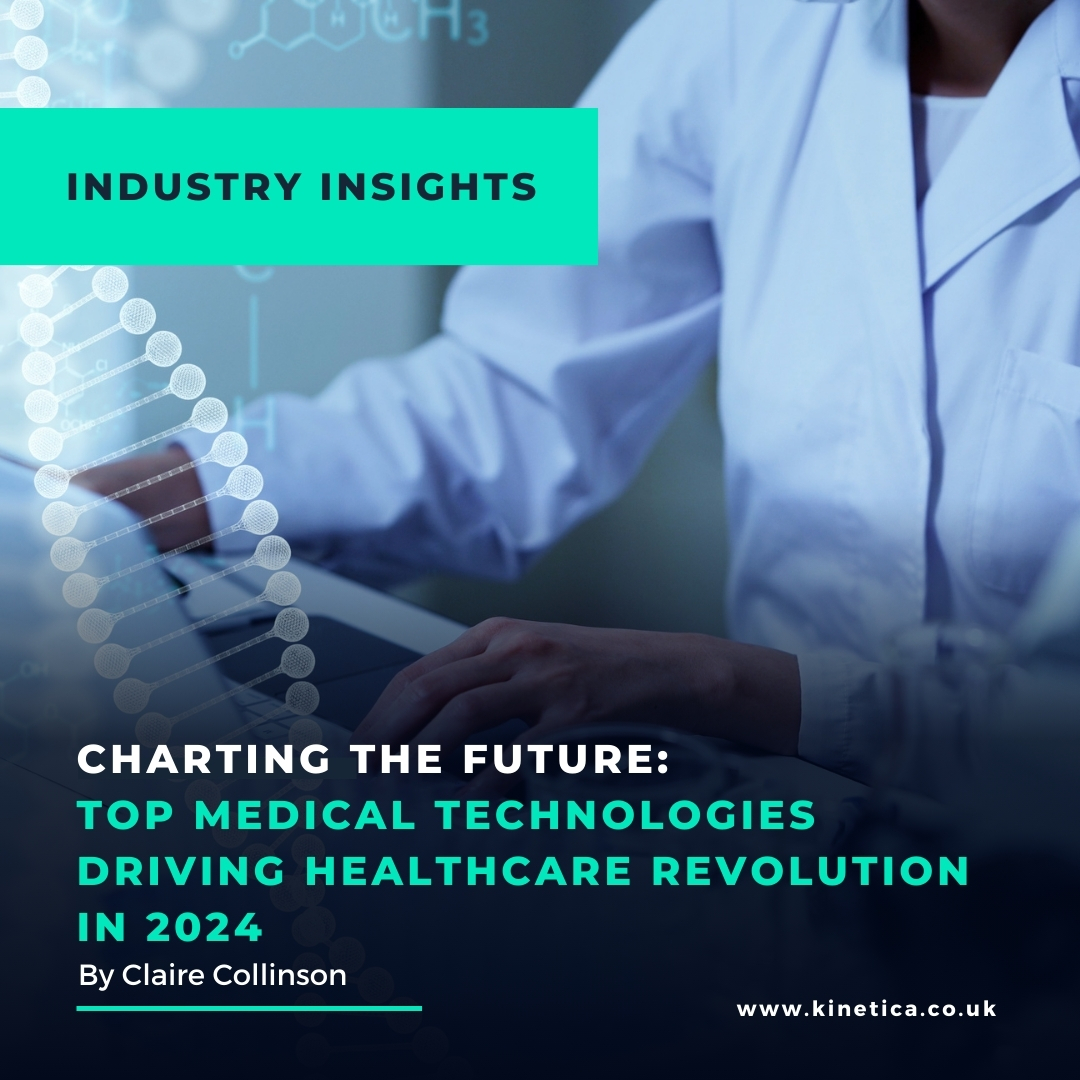INSIGHTS
The latest insights & news from Kinetica
Will Artificial Intelligence Ever Replace Doctors?
17 May, 20235 MinutesAs the medical sector begins its slow recovery from the ripple effects caused by the global ...

As the medical sector begins its slow recovery from the ripple effects caused by the global pandemic, media attention continues to focus on the backlog of patient waiting lists and missed opportunities to diagnose potentially life-threatening conditions, placing an even greater strain on our system.
With burnout on the rise amongst medical professionals, is now a good time to begin replacing those professionals with AI technology to address the balance or is a blended approach needed?
It is estimated that technology is “about to replace 80% of what Doctors” currently do and it is clear in some cases there is a benefit to its use. The main benefits is its' ability look at large data sets and make the right predictions at the right time. According to Harvard Business school, AI is likely to “change the way care is delivered going forward”. In recent years, increasing numbers of studies show machine-learning algorithms equal to and, in some cases, surpass human experts in performance. In 2016, researchers at Beth Israel Deaconess Medical Centre reported that an AI-powered diagnostic program correctly identified cancer in pathology slides 92 percent of the time, just shy of trained pathologists’ 96 percent.
Combining the two methods led to 99.5 percent accuracy. However, the quality of the output depends on how well the machine has been designed and adapted through its testing phase. And that’s the keyword “machine”.
Just imagine being told the worst news by one. How would you feel? AI cannot replace a living, breathing human being and their bedside manner, a composition of empathy and humanity. Given that penicillin was first used 80 years ago, it is hard to fathom that in the same century AI will take over completely.
There are aspects of AI and medical devices that are transforming what we do without taking away the human touch – from at-home blood pressure kits to pre-operative planning and surgical robots, which are becoming commonplace. As computers become significantly more advanced and able to process more data than a human, we will see their use come into greater play. There is a happy medium, but for now, we need our medical professionals more than ever.



